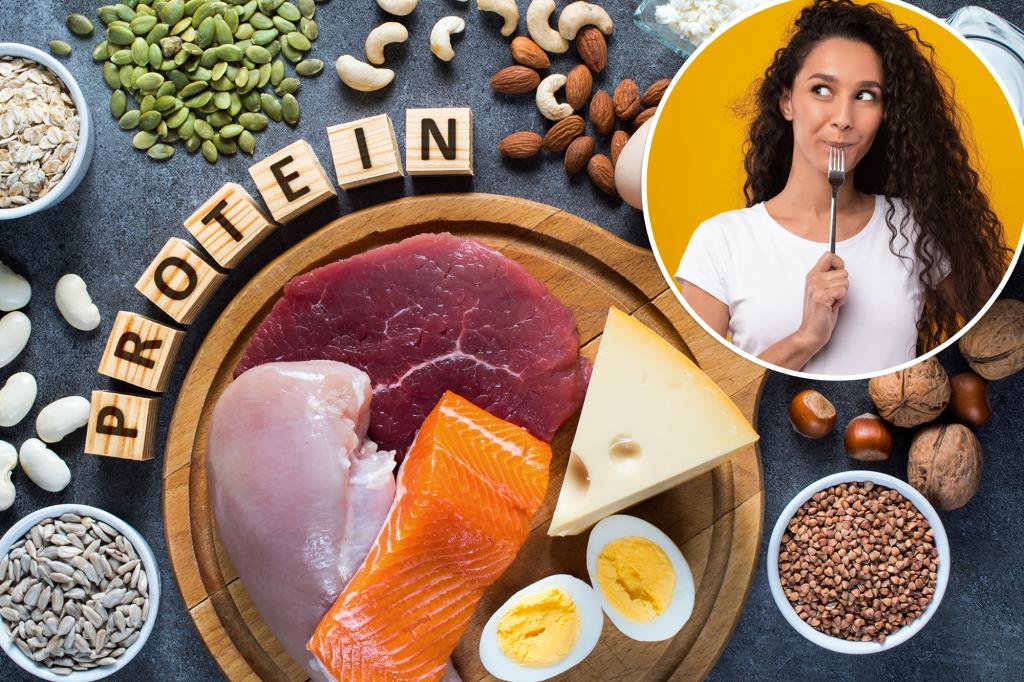Protein is a vital nutrient needed for various important processes in the body such as immune function, muscle growth, neurotransmitter and hormone synthesis. The Recommended Dietary Allowance for protein intake is 0.8 grams per kilogram of body weight. However, bodybuilders and athletes on a cutting diet may require higher protein intake to assist with muscle repair and growth. This can range from 2.3 to 3.1 grams per kilogram of weight, which equates to about 155-209 grams a day for a 150-pound person. Consuming more protein than the body needs can have negative consequences, such as triggering cardiovascular disease or affecting the kidneys, liver, and bones.
High-protein foods include chicken, turkey, salmon, tuna, tofu, chickpeas, lentils, milk, yogurt, walnuts, and pumpkin seeds. A diet high in red meat, however, may increase the risk of developing colorectal, pancreatic, and prostate cancer. When it comes to weight loss, adding protein-rich foods to every meal and snack is beneficial. While there may not be a specific best time to eat protein for weight loss, evenly distributing protein throughout the day can promote satiety and support weight loss goals. For individuals looking to build muscle, consuming 20 to 30 grams of protein before a workout can help minimize muscle breakdown and stimulate growth.
Older adults concerned about losing muscle mass can benefit from consuming 1 to 1.2 grams of protein per kilogram of body weight daily. This should be spread out throughout the day at each meal to support muscle maintenance. While there may be specific benefits to consuming protein at certain times, such as building muscle mass or exercise recovery, overall protein intake is what matters most for overall health and body composition. Research suggests that protein distribution does not significantly impact weight loss as long as adequate protein is consumed based on individual needs.
It is important for individuals to be mindful of their protein intake and sources to avoid any negative health impacts. Incorporating protein-rich foods into meals and snacks can be beneficial for various health goals, including weight loss, muscle building, and muscle maintenance. While the exact timing of when to consume protein may vary based on specific goals, focusing on overall protein intake is essential for supporting overall health and well-being. By following recommended protein intake guidelines and incorporating protein into each meal, individuals can optimize their nutrition and support their health goals effectively.


